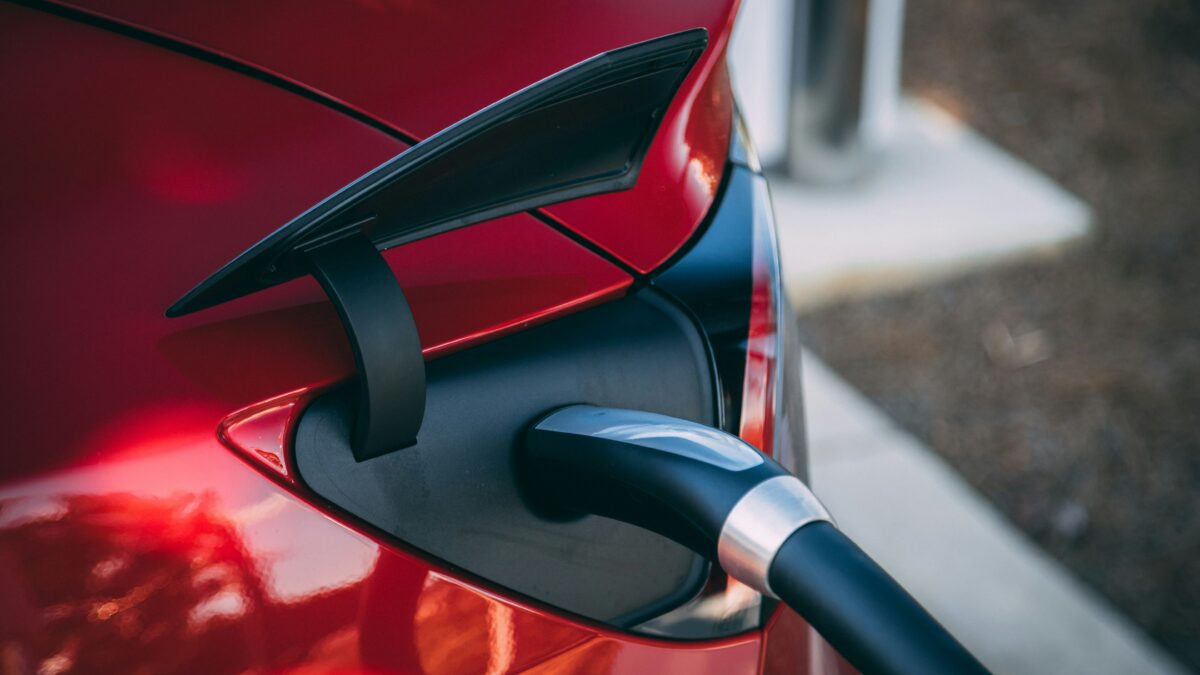Breaking Down the Economics of Electric Vehicles
As the automotive industry undergoes a seismic shift toward sustainability, electric vehicles (EVs) have emerged as a frontrunner in the race for a greener future. Beyond the environmental benefits, the economics of electric vehicles are a compelling aspect that is reshaping the way we perceive, purchase, and operate automobiles. Let’s take a look at how the economic landscape of electric vehicles is not only influencing individual choices but also steering the entire automotive market towards a more sustainable and economically viable future.
The Initial Investment
Understanding the upfront cost of an EV goes beyond the sticker price, delving into various factors that contribute to the overall expense. This includes battery technology, manufacturing, and key model features.
Navigating the Upfront Cost: A Buyer’s Guide
1. Understand your budget: Before diving into the electric vehicle market, it’s essential to assess your budget. Determine what you’re willing to spend, and stick to it.
2. Exploring financing options: Financing plays a crucial role in making electric vehicles accessible. Aside from government incentives, discuss the different financing options available with a dealership or bank to find the right solution for you.
3. Future costs: Electric vehicles may retail at a higher price tag, but their future costs are often less demanding. Depending on the make and model you choose, the price to repair or upkeep your vehicle could be less.
Operating Costs
Charging vs. Refueling
According to Consumer Reports, drivers save on average $800-1,000 a year from charging at home versus visiting a gas station to fuel up. While the cost to own an electric vehicle is around $4,000 greater than a combustion engine, the savings per year are highly intriguing.
Maintenance Savings
Lower Maintenance Costs
The combination of fewer maintenance needs and less frequent repairs results in lower overall maintenance costs for electric vehicles. This financial benefit extends over the lifetime of the vehicle, contributing to the economic attractiveness of going electric.
Predictable Service Intervals
With fewer components requiring attention, electric vehicles often have more predictable service intervals. This allows for better budgeting and planning for routine maintenance, simplifying the ownership experience for EV owners.
Reduced Downtime
The decreased likelihood of unexpected breakdowns and the simplified maintenance requirements contribute to reduced downtime for electric vehicles. This aspect is particularly advantageous for businesses and individuals reliant on their vehicles for daily activities.
Total Cost of Ownership
Total cost of ownership encapsulates all associated costs over the entire lifespan of ownership, providing a comprehensive view of the economic implications.
Life Cycle Cost Analysis:
Fuel Costs
In the realm of electric vehicles, fuel costs primarily revolve around charging expenses. While different charging options come at various prices, they are significantly less than the price-per-gallon.
Maintenance Expenses
As noted, electric vehicles are known for their simplified mechanics, leading to lower maintenance needs. Without the financial stress of yearly oil changes and other common mechanical tasks, owning an EV tends to be less burdensome on the wallet.
Resale Value
Resale value plays a pivotal role in TCO. Examining the factors influencing the resale value of electric vehicles will provide a clearer understanding of the financial picture over the vehicle’s life cycle. It’s best to investigate the potential resale value of the EV you are interested in to know what your resale value will be.
Environmental Impact
Beyond Dollars: Environmental Benefits
The most immediate and tangible environmental benefit of electric vehicles lies in their zero tailpipe emissions. Unlike traditional internal combustion engines that rely on fossil fuels, electric vehicles draw power from electricity, resulting in no direct emissions of harmful pollutants such as carbon dioxide (CO2), nitrogen oxides (NOx), and particulate matter.
This shift is instrumental in mitigating air pollution and improving overall air quality, especially in urban areas where vehicular emissions pose significant health risks. In addition, electric vehicles contribute to the reduction of greenhouse gas emissions, playing a pivotal role in combating climate change.
The lower carbon footprint of EVs is a result of cleaner energy sources powering the electricity grid. As renewable energy technologies continue to advance, the overall environmental impact of electric vehicles becomes increasingly positive, offering a sustainable alternative to traditional vehicles.
Beyond reducing air pollution, electric vehicles contribute to a quieter and more peaceful urban environment. The near-silent operation of electric motors contrasts sharply with the noise generated by traditional vehicles. This noise reduction is not only beneficial for the well-being of city dwellers but also has positive implications for urban ecosystems and wildlife that can thrive in less disruptive environments.
Final thoughts
The financial aspects of electric vehicles transcend the typical costs associated with regular car ownership. In general, with the automotive industry’s move towards sustainability, it’s essential to grasp the economic, environmental, and social dimensions of electric mobility. Whether you’re considering a purchase or passionate about the industry, embracing the economics of electric vehicles is more than a fiscal choice—it’s a step toward a future that’s both sustainable and economically sound.

















